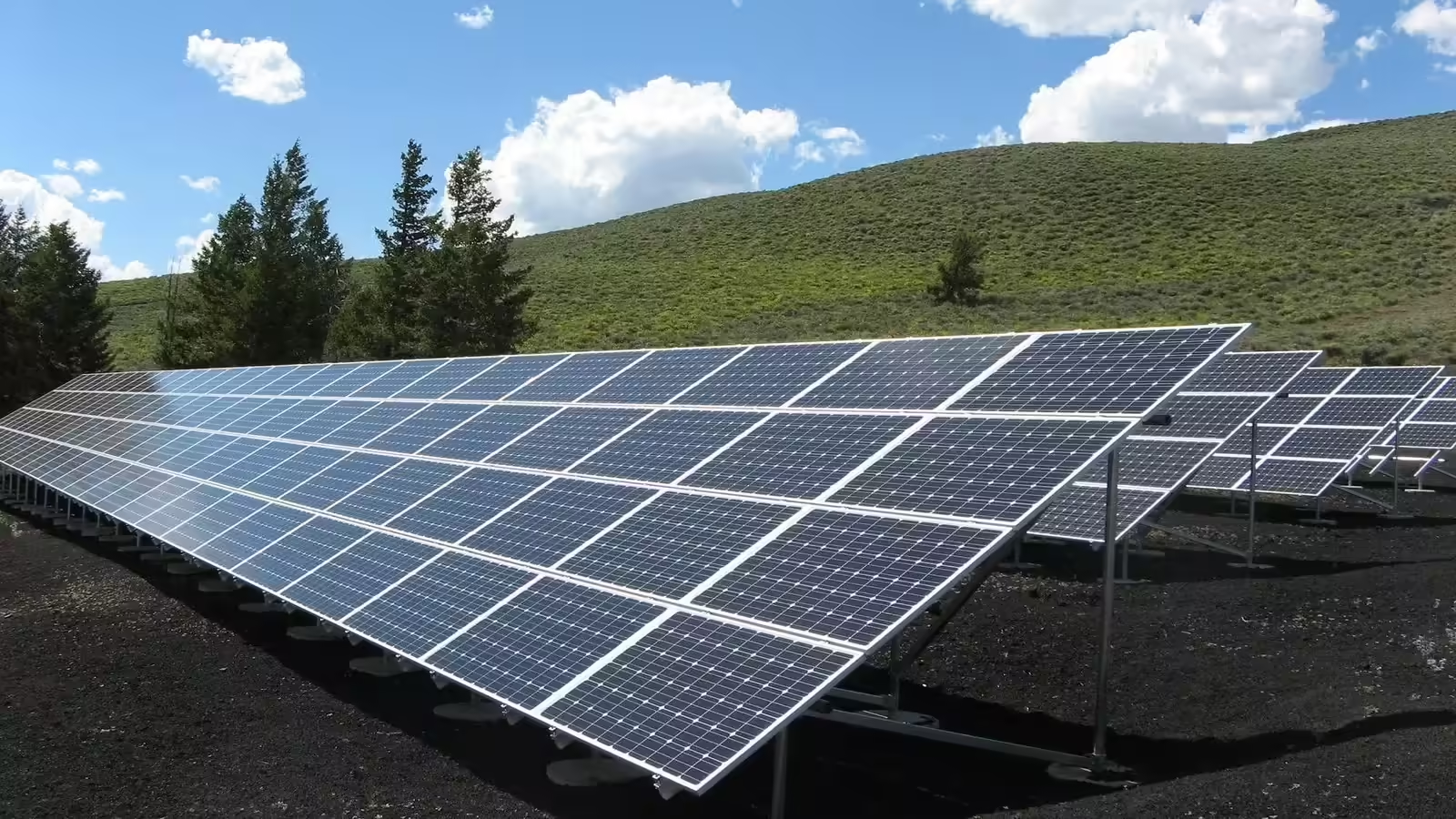India has achieved a significant landmark in its energy transition, reaching 50 per cent of its installed electricity capacity from non-fossil fuel sources, five years ahead of its Nationally Determined Contributions (NDCs) target under the Paris Agreement. This momentous accomplishment underscores the nation’s unwavering commitment to climate action and sustainable development, signalling a robust and accelerating shift towards a cleaner, more resilient energy future for its rapidly urbanising landscape.
This remarkable achievement reflects a confluence of visionary policy design and bold implementation. Flagship programmes such as PM-KUSUM, which empowers farmers with solar-powered pumps and promotes agrovoltaics, and PM Surya Ghar: Muft Bijli Yojana, fostering a rooftop solar revolution for one crore households, have laid a formidable foundation. These initiatives not only accelerate decentralised energy generation but also empower citizens as energy owners, fostering economic equity and energy security at the grassroots level.
The strategic development of solar parks across the country has facilitated utility-scale renewable energy installations at record-low tariffs, making clean power increasingly competitive. Concurrently, the burgeoning bioenergy sector has emerged as a vital contributor, not only to clean energy generation but also to rural livelihoods, embodying circular economy objectives. Wind energy, particularly in states like Gujarat and Tamil Nadu, continues to play a crucial role in meeting peak power demands, diversifying the energy mix.
Beyond decarbonising the power sector, these initiatives have delivered widespread co-benefits essential for building sustainable and equitable cities. Enhanced energy access, particularly in underserved regions, coupled with significant employment generation, contributes to improved public health outcomes and stronger rural incomes. India’s clean energy revolution is thus intrinsically linked to inclusive growth and social justice, ensuring that the benefits of green transformation reach all segments of society, fostering gender-neutral development.
India’s progress assumes heightened global significance, particularly as it stands among the few G20 countries on track to meet or exceed its NDC commitments, despite having oneata per capita emissions globally. This early success provides a compelling opportunity to set even more ambitious targets. The next phase of India’s energy transition must prioritise quality, equity, and resilience in clean energy access, focusing on doubling per capita clean electricity consumption and building a robust, digitally integrated grid capable of managing high levels of renewable energy penetration for a truly green future.
Also Read: Billion Electric Mobility secures 250 contracts accelerating India’s electric freight transition


